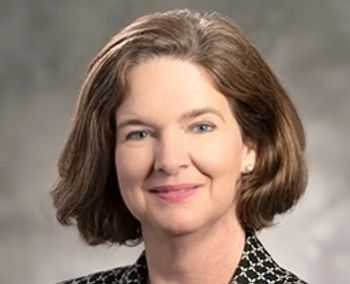
Galbraith, who has led Duke Regional Hospital for years, talks with Chief Healthcare Executive about becoming Lankenau’s next president, her unconventional background, and taking care of staff.

Galbraith, who has led Duke Regional Hospital for years, talks with Chief Healthcare Executive about becoming Lankenau’s next president, her unconventional background, and taking care of staff.
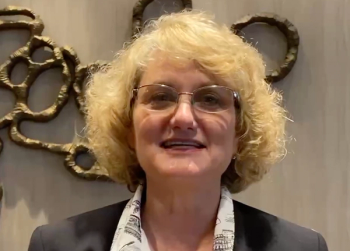
She outlines some steps for hospitals on reducing their impact on the environment, making the business case, and the growing pressure to do better.
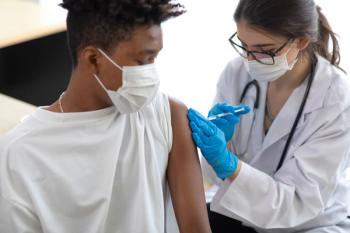
Researchers found a significant difference in financing for Black-serving hospitals. A small portion of America’s hospitals care for a large number of the nation’s Black patients.

Wearable sleep trackers, when used correctly and consistently, have vast potential to enable individuals to measure the quality of their sleep. But that’s just the beginning.

UVA Health hires its first chief of human resources, BayCare Health System selects a CEO, and other leaders take new posts.

The company’s technology helps patients navigate sprawling hospitals, along with scheduling and billing. CEO Joshua Titus says Gozio’s platform helps hospitals see higher patient engagement.
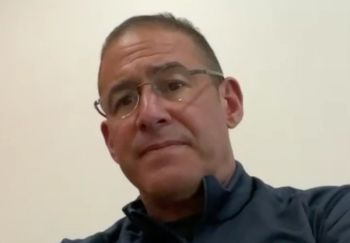
Marc Harrison will leave in the fall to run a healthcare platform for General Catalyst, which announced a collaboration with Intermountain this week.
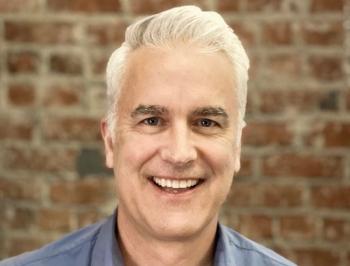
The company employs chatbots with natural language to connect with patients on mobile phones. CEO Greg Johnsen touts the ease of the technology for consumers.
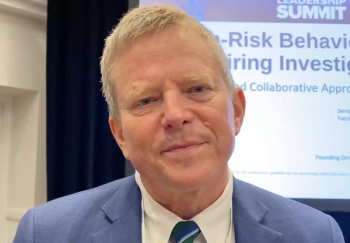
Hospital workers may be struggling more than is readily apparent. Health system leaders need to recognize healthcare has changed and adjust expectations, he says.

The workforce will take at least four years to reach pre-pandemic levels, unless federal and state officials provide more funding, according to a new report.

Sossong, who leads the company’s behavioral health efforts, spoke with us about the stress of the pandemic, expanding services to rural areas and integrating mental health with primary care.

The measure would help Americans pay for health insurance and also lower some prescription drug costs. The House is expected to vote this week, sending it to President Biden.

More than 1,300 centers nationwide are getting grants to improve data reporting, which should also improve health equity, the Health and Human Services Department says.

Health systems are facing growing pressure to address climate change. A panel at the American Hospital Association Leadership Summit outlined strategies to move forward.

Half of the women faculty in some departments are harassed, according to a report from the Association of American Medical Colleges. Some don’t feel safe reporting harassment.

Wright Lassiter takes over as CEO of CommonSpirit Health, Northwell Health appoints a new CIO, and Novant Health Enterprises names a chief physician innovation officer.

The ANA acknowledges it has failed nurses of color in the past. ANA Enterprise CEO Loressa Cole talks about the organization’s efforts to make amends and vows ‘actions that matter.’

About a quarter of nurses say they have appropriate staffing, according to a new survey by the American Association of Critical-Care Nurses. Many nurses don’t feel safe.

The HIMSS 2022 Future of Healthcare report said many will still be developing their digital plans in five years. If they wait too long, younger consumers could pick other retail options.

If justices bar the consideration of race, the enrollment of students from minority groups will plunge, the Association of American Medical Colleges and other groups contend.

Hypothetical interventions to reduce phthalate exposure could reduce the number of preterm births, according to a recent study.

Caring for those who dedicate their lives to caring for others is paramount. We must do our part.

They will allow you to see if your current digital health ecosystem is up to the challenge of building next-generation relationships with your patients.

Frontline community engagement brings provider organizations and members together to better manage chronic conditions.

It’s been a slow start to the year for healthcare mergers, but analysts project more transactions in the coming months. Critics worry about the prospect of mega-deals.